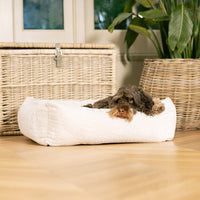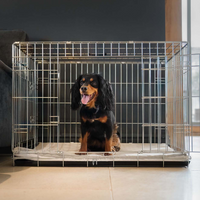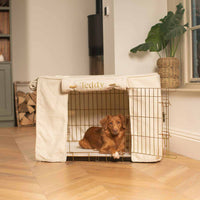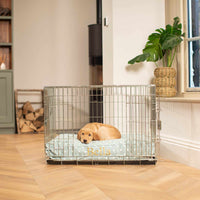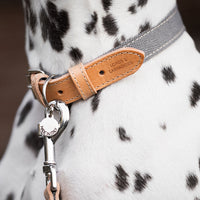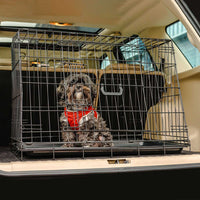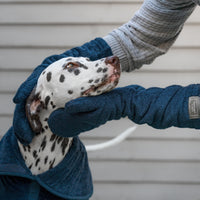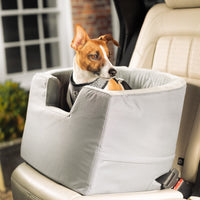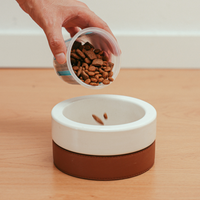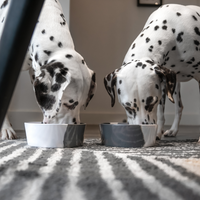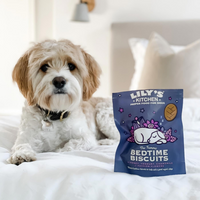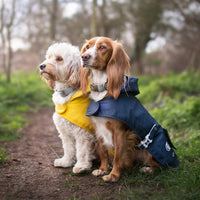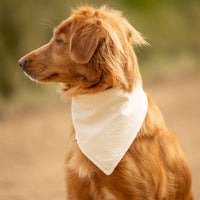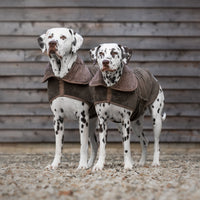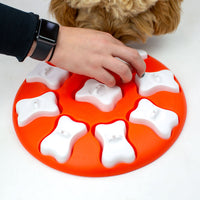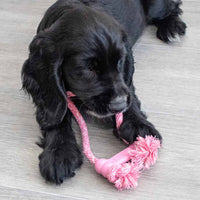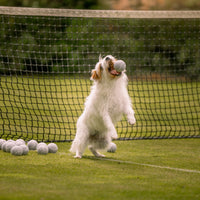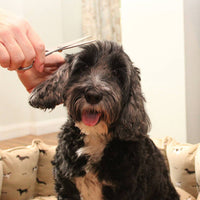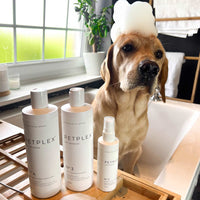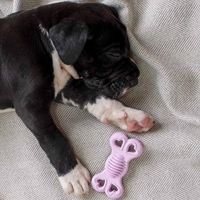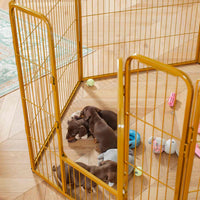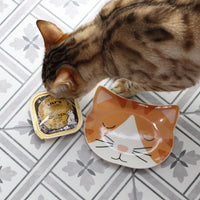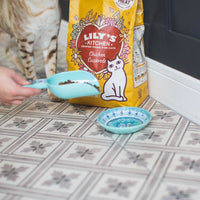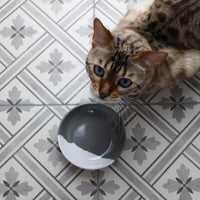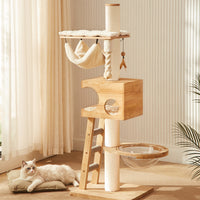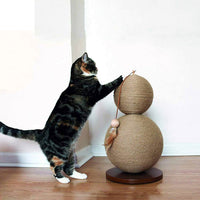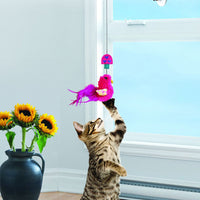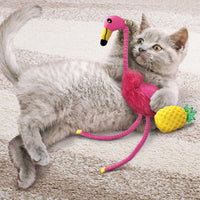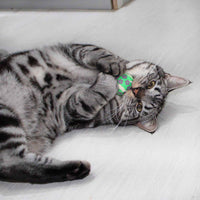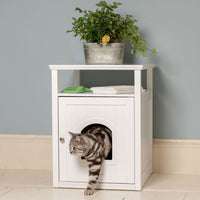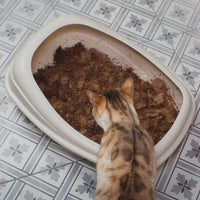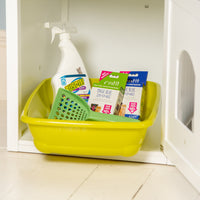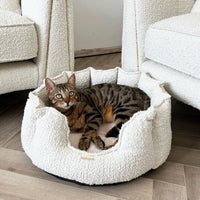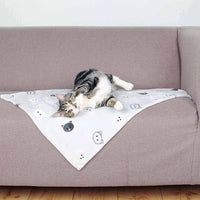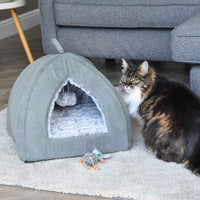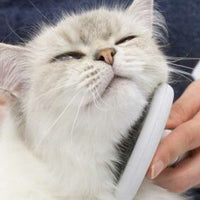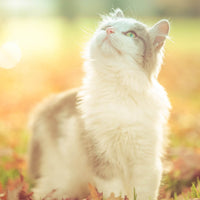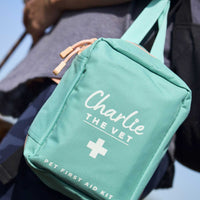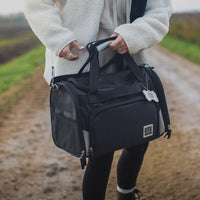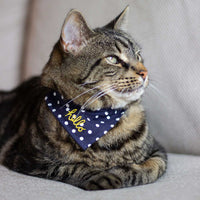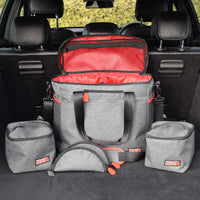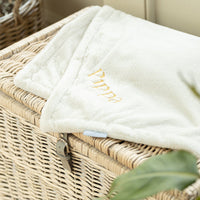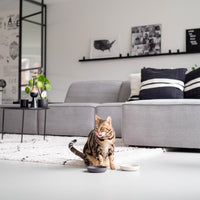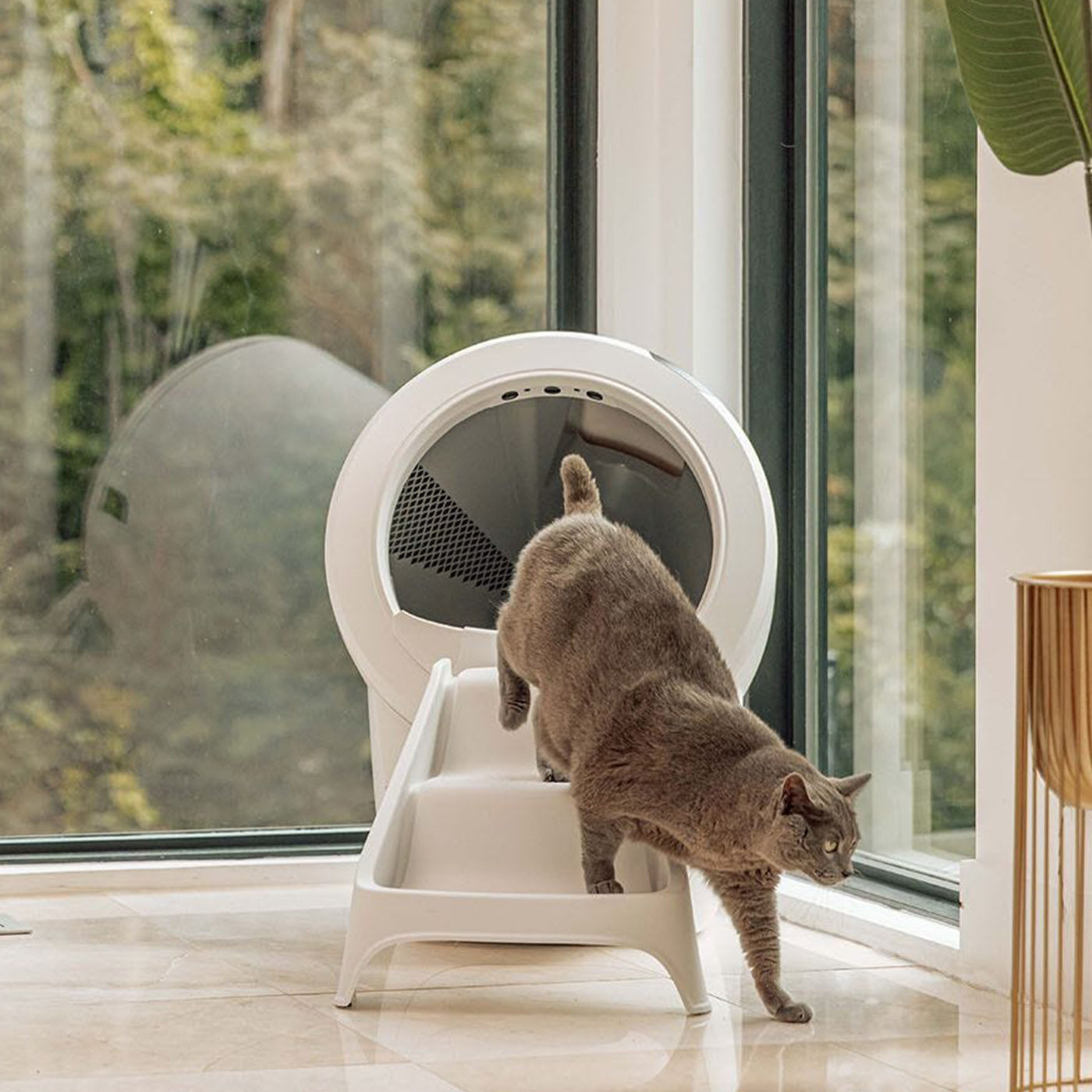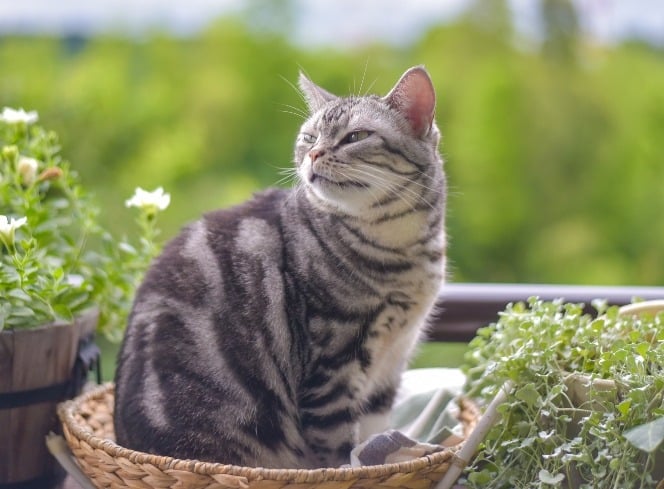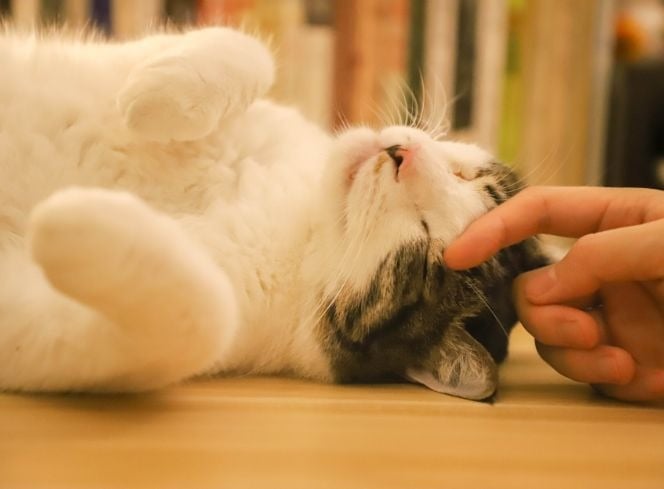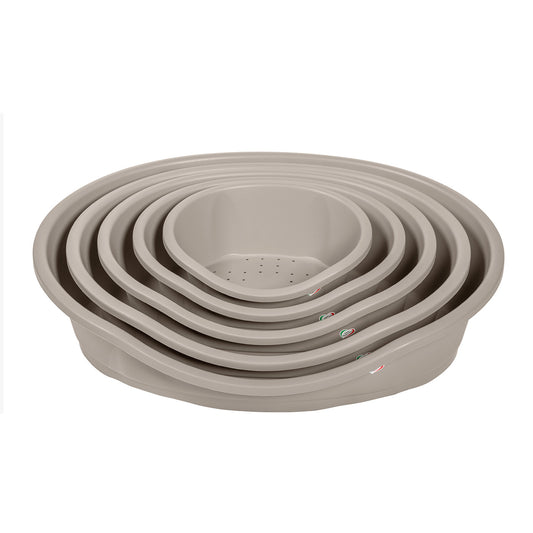Ensuring your cat gets all the right and good nutrients they require from their food to promote health and wellbeing is really important. It’s also nice to offer them treats every now and then to give variety to their diets as well as help with any training. Treats can be used as a healthy snack or to treat your cat for good behaviour or during training, helping to instil great habits and teach them right from wrong. Your cat may show interest in your own food, or maybe you’re concerned what they can or can’t eat that they may find around the house.
In this article we take a look at what cats can and can’t eat, what food types are safe and what foodstuffs you may need to keep away from your cat.
What Human Food Can Cats Eat?
Your cats nutritional intake should predominantly come from their cat food as these are packed full of the high quality protein and just the right blend of fibre to support and manage their digestive system. All cats can suffer with digestive issues at some time in their life, but with veterinary advice and a great diet, you can help to manage those sensitive stomachs.
If you do choose to feed your cat some human food, the below list is generally classed as safe for your cat to eat.
- Fish -Cats are known for their love of fish and thankfully most fish are fine for them to eat! Omega-3 fatty acids are great for their overall health and actually may benefit your cats overall health, especially if they have arthritis or kidney disease. Ensure the fish is properly cooked and all bones are removed before you offer up their favourite treat.
- Meats - Cooked, lean meats such as beef, chicken, turkey and lamb are considered safe for your cat to eat. Ensure the meat is cooked through and remove all skin and bones before feeding it to your cat. Never give your cat raw meat.
- Whole grains - such as oats, brown rice, corn and even couscous contain lots of protein, safe for your cat.
- Eggs - surprisingly a small portion of cooked eggs (scrambled or boiled) are full of amino acids and proteins which are safe for your cat. Never feed your cat raw eggs as there is a risk of salmonella. If your cat has eaten a raw egg, watch out for vomiting, diarrhoea, high temperature and lethargy as these are only some of the symptoms that your cat may have salmonella. Salmonellosis can lead to enteritis, which is inflammation of the intestines. If you suspect your cat has a salmonella infection, you should have it diagnosed as soon as possible and take care cleaning their litter box and keep food and water bowls clean. Remember to wear gloves when doing these tasks as this can prevent contracting the bacterial infection yourself.
- Vegetables - although your cat may hate vegetables, most, such as cucumber, carrots, peas and steamed broccoli are safe as they’re full of vitamins, fibre and water.
- Fruits - Most fruits contain potassium, fibre and vitamins which are all great for your cat. Although they may turn their nose up at the fruity snack, blueberries, bananas, peeled apples (deseeded) and pumpkins are great snacks if your cat has a sweet tooth.
We wouldn’t recommend making a habit of feeding human foods to your cat as you don’t want them to shun their proper cat food. Treating them to a little of these foods every now and then is fine though, as long as you consider their complete food intake and ensure the treats are making up no more than 10% of their daily food intake.
Can Cats Eat Cheese?
Human foods containing dairy are often high in fat and salt which is not nutritionally beneficial for your cat as if overfed, it can cause obesity. Cats are naturally lactose intolerant, which means that cheese and milk upsets their digestive system. It’s best to avoid feeding your cat cheese, but don’t worry if they eat a small piece as a one-off. If your cat shows signs of lactose intolerance - diarrhoea, vomiting, bloat or excess gas, it’s a good idea to call your vet just to be on the safe side.

Can Cats Eat Chocolate?
Chocolate contains theobromine and caffeine which are both highly poisonous to cats. Dark Chocolate, baking chocolate and cocoa powder have the highest levels, causing the biggest risk to your cat. Theobromine is particularly bad for your cat as it can cause liver failure. Contact your vet immediately if your pet is showing any symptoms such as restlessness, vomiting, diarrhoea and increased heart rate after eating any chocolate.

Can Cats Eat Bread?
Cats don’t actually need carbohydrates and as bread is mostly carbs, although cats can eat bread, there is no nutritional value for them. So generally, they shouldn’t eat bread, although it is considered fine for your cat to have a bite of plain baked bread.

Can Cats Eat Popcorn?
Corn itself isn’t poisonous to cats and if air-popped, it’s more than likely ok to let your cat snack on a couple of bites if they show interest. If you haven’t air-popped your popcorn and refrained from using toppings, don’t feed this to your cat. Nearly all commercially produced popcorn contains toppings, I.e sweet or salted which are not good for your cats diet. Although popcorn is nontoxic, it’s not entirely nutritious for them.

Can Cats Eat Ice Cream?
Ice cream is not the best choice of snack for your cat because it’s high in fat and sugar, just like other dairy products. Certain flavours, such as chocolate, may even contain ingredients that are poisonous. And lots of sugar substitutes are highly poisonous to pets and can even be fatal. If you’re looking for a cold snack for your cat, why not look at our cat treat collection?



